On two occasions last week, my car and I had a disagreement on directionality. Thankfully –my car won and neither of us are any worse for wear. On both occasions I was in fine fettle, not tired, it was not dark and there was no other vehicles on the road. It was however very cold and very icy. A reader rang to talk to me about the driving lessons article that was published last week (Just how good a driver do you think you are?). Between this call, my near misses and Margaret discussing medical conditions that impact driving in Health, I was reminded of advice that driving instructor Tom Murphy gave me. He said; “I gave you a black mark when you parked. You didn’t reverse in”. He mentioned some tragic accidents with children and I have been reversing since. The second one was “only a fool breaks the two second rule”. You should be able to say those words between the time the car in front of you passes a lamppost and you do. Otherwise Tom advised you are too close. I told my reader caller, that had there been a car been in front of me on my two trips, I might not have been so fortunate.

Often it is a reader comment or query that will spark the idea for an article for Irish Country Living. This can be encouragement to investigate an issue or discuss a problem of importance. Or, it can be a complaint about something written or not written. Now while the latter is not what we would want, it is none the less important that readers concerns are addressed. It was a grievance with previous reporting on heliciculture (snail farming) that encouraged us to cover this farming system in more detail (Sluggish returns).
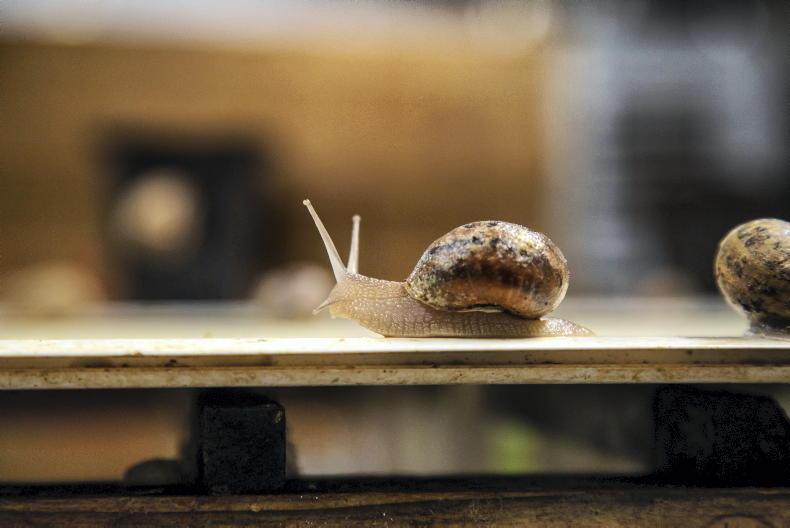
Peter Monaghan and his Family pictured for ICL July 2022. photographed on their snail and suckler farm in Cavan. Inis Escargot \ Claire Nash
Janine clearly outlines how any form of farm diversification can mean breaking away from what is well known and accepted and taking a chance on something new. With this comes risk as support and guidance will not be as available as with a traditional farming system. Farmers that take these risks can find themselves in pioneering positions that can yield great reward or great failure. Diversification may be the future direction for many people that want to have a career in farming so we need these risk takers to be supported. Many of these pioneers are and will be women.

Peter Monaghan and his Family pictured for ICL July 2022. photographed on their snail and suckler farm in Cavan. Inis Escargot \ Claire Nash
According to an EU parliament study (2019) women farmers represent 30% of total EU farm managers. Although they tend to have smaller farms; (~6ha compared to ~13ha owned by male farm holders) they “take more calculated risks than men, yet it is still difficult for them to access loans. Women’s ideas for innovation are as marketable as men’s, but they are not recognised by predominantly male stakeholders.” Considering the latter two conclusions from this study “the professional status of rural women in the EU”, it is hardly surprising that Mary Coughlan told me she wants both men and bankers in the room at the Women in Agriculture dialogue she is chairing on St Brigid’s Day.
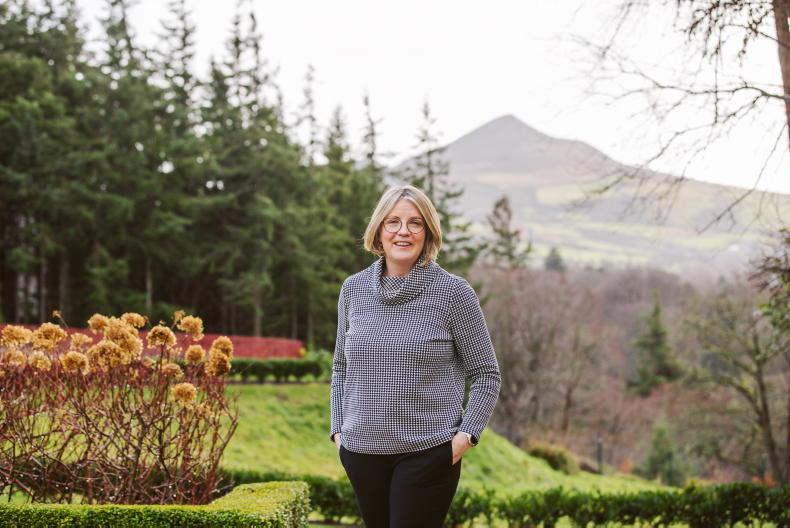
For the first time, gender equality and increasing the participation of women in farming forms part of the objectives of CAP strategic plans. EU countries must assess and address the challenges and design measures to improve the situation. Although this is a positive development, writing this into CAP and delivering for women are two very different things. Let’s hope that the dialogue yields the tangible results that Mary is looking for.
Read more
Just how good a driver do you think you are?
Editorial: how do you like your Rocky Mountain Oysters?
On two occasions last week, my car and I had a disagreement on directionality. Thankfully –my car won and neither of us are any worse for wear. On both occasions I was in fine fettle, not tired, it was not dark and there was no other vehicles on the road. It was however very cold and very icy. A reader rang to talk to me about the driving lessons article that was published last week (Just how good a driver do you think you are?). Between this call, my near misses and Margaret discussing medical conditions that impact driving in Health, I was reminded of advice that driving instructor Tom Murphy gave me. He said; “I gave you a black mark when you parked. You didn’t reverse in”. He mentioned some tragic accidents with children and I have been reversing since. The second one was “only a fool breaks the two second rule”. You should be able to say those words between the time the car in front of you passes a lamppost and you do. Otherwise Tom advised you are too close. I told my reader caller, that had there been a car been in front of me on my two trips, I might not have been so fortunate.

Often it is a reader comment or query that will spark the idea for an article for Irish Country Living. This can be encouragement to investigate an issue or discuss a problem of importance. Or, it can be a complaint about something written or not written. Now while the latter is not what we would want, it is none the less important that readers concerns are addressed. It was a grievance with previous reporting on heliciculture (snail farming) that encouraged us to cover this farming system in more detail (Sluggish returns).

Peter Monaghan and his Family pictured for ICL July 2022. photographed on their snail and suckler farm in Cavan. Inis Escargot \ Claire Nash
Janine clearly outlines how any form of farm diversification can mean breaking away from what is well known and accepted and taking a chance on something new. With this comes risk as support and guidance will not be as available as with a traditional farming system. Farmers that take these risks can find themselves in pioneering positions that can yield great reward or great failure. Diversification may be the future direction for many people that want to have a career in farming so we need these risk takers to be supported. Many of these pioneers are and will be women.

Peter Monaghan and his Family pictured for ICL July 2022. photographed on their snail and suckler farm in Cavan. Inis Escargot \ Claire Nash
According to an EU parliament study (2019) women farmers represent 30% of total EU farm managers. Although they tend to have smaller farms; (~6ha compared to ~13ha owned by male farm holders) they “take more calculated risks than men, yet it is still difficult for them to access loans. Women’s ideas for innovation are as marketable as men’s, but they are not recognised by predominantly male stakeholders.” Considering the latter two conclusions from this study “the professional status of rural women in the EU”, it is hardly surprising that Mary Coughlan told me she wants both men and bankers in the room at the Women in Agriculture dialogue she is chairing on St Brigid’s Day.

For the first time, gender equality and increasing the participation of women in farming forms part of the objectives of CAP strategic plans. EU countries must assess and address the challenges and design measures to improve the situation. Although this is a positive development, writing this into CAP and delivering for women are two very different things. Let’s hope that the dialogue yields the tangible results that Mary is looking for.
Read more
Just how good a driver do you think you are?
Editorial: how do you like your Rocky Mountain Oysters?








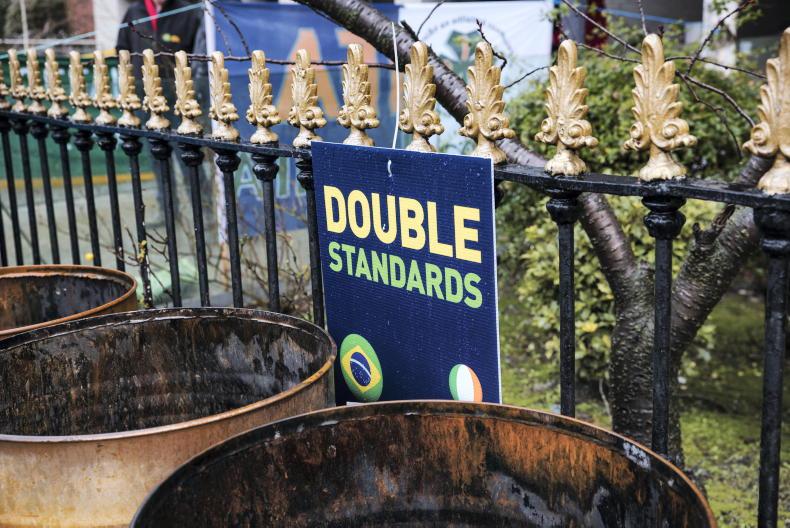
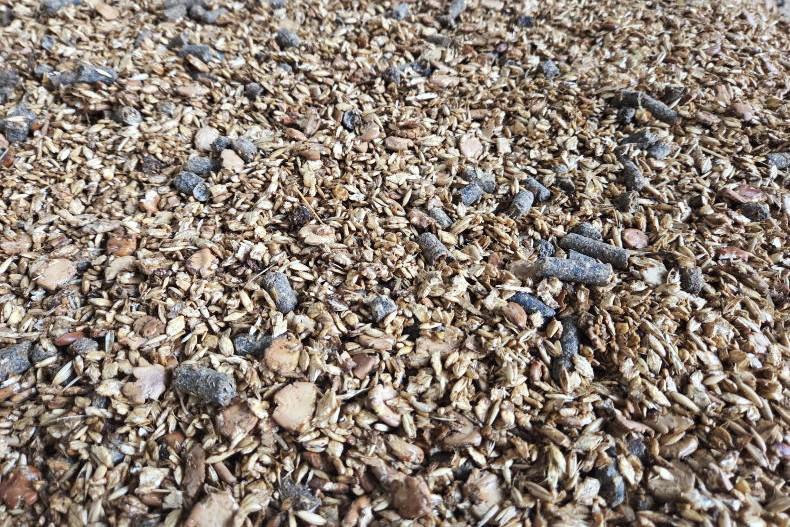

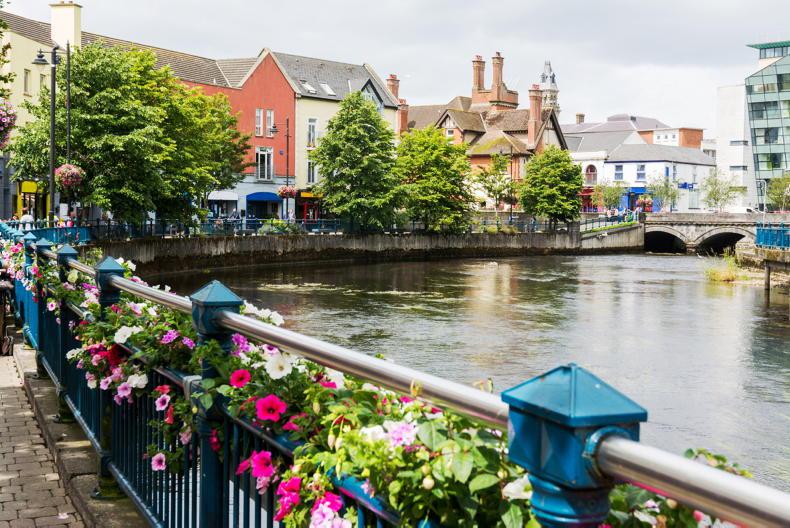
SHARING OPTIONS